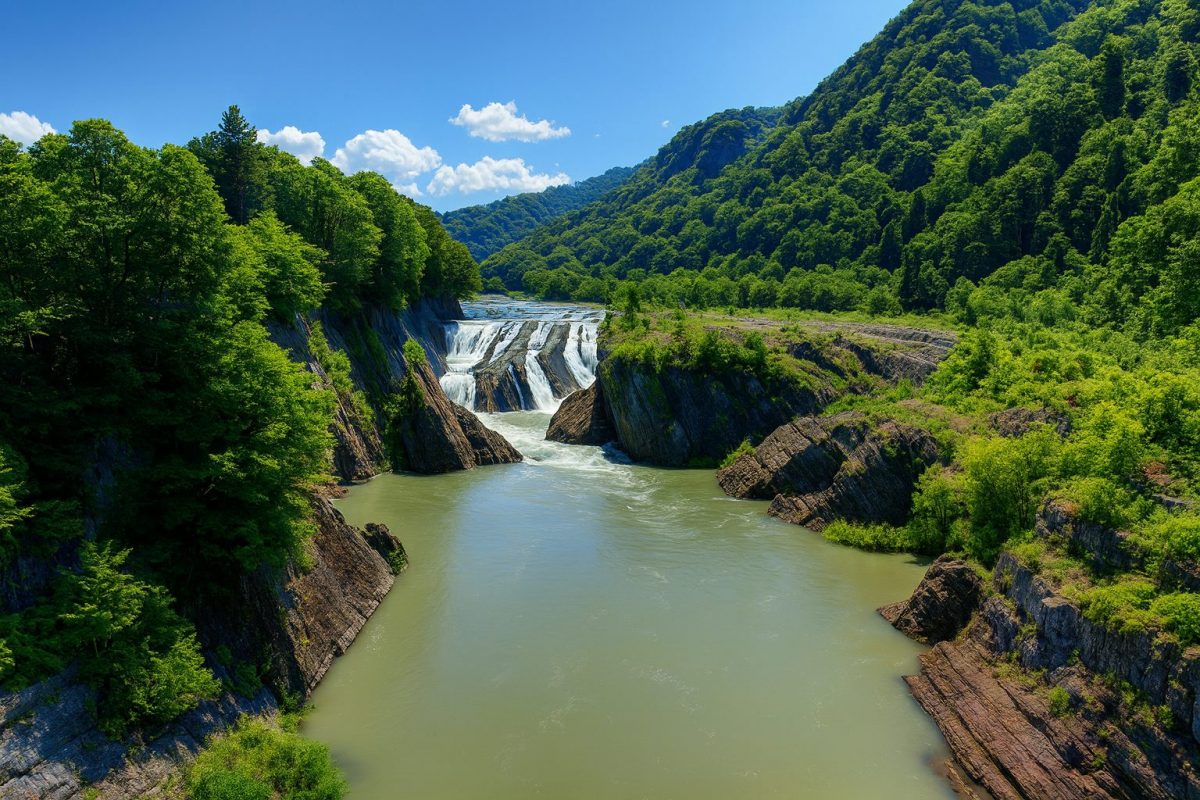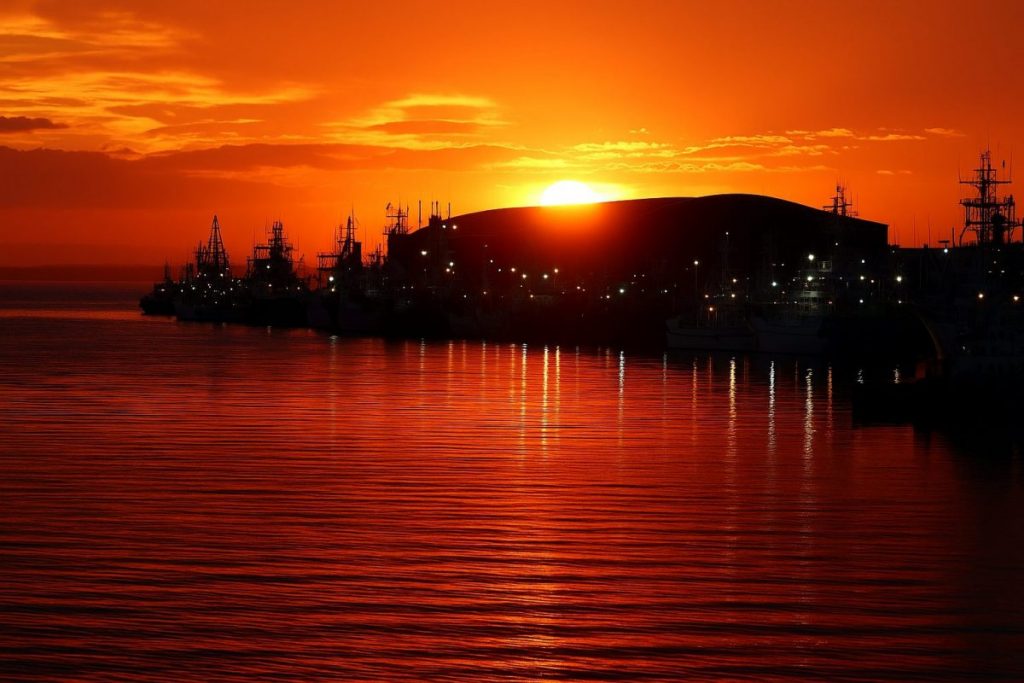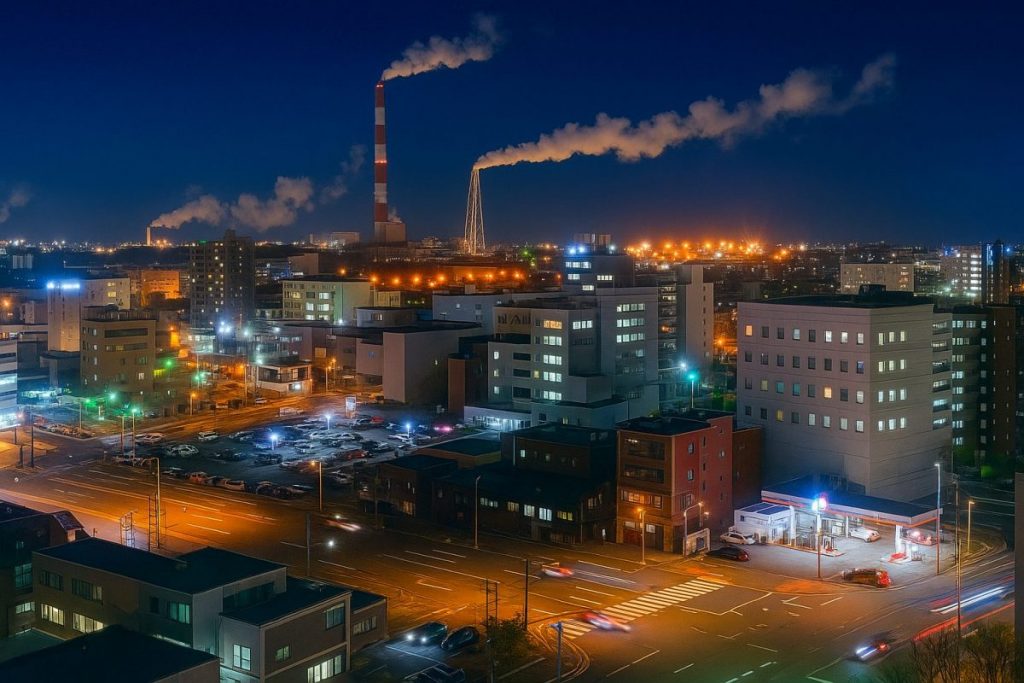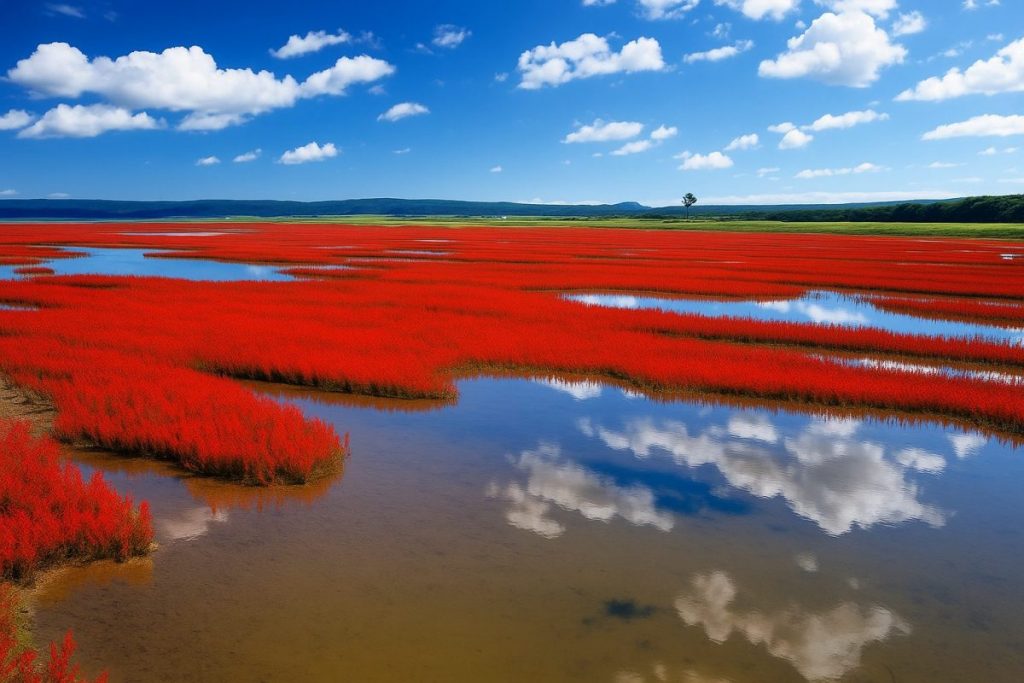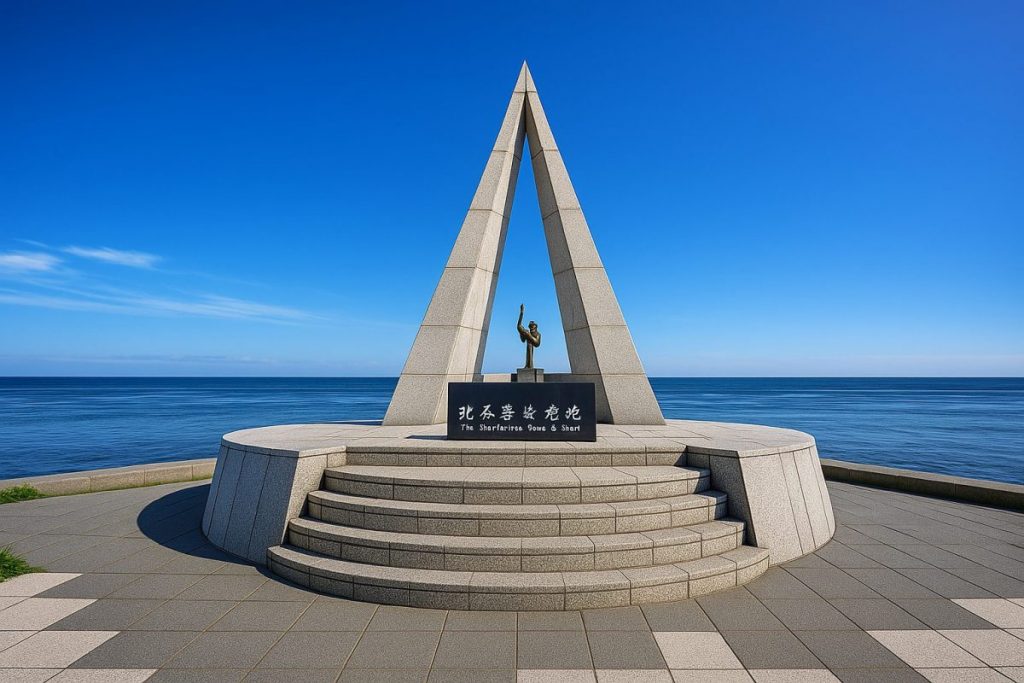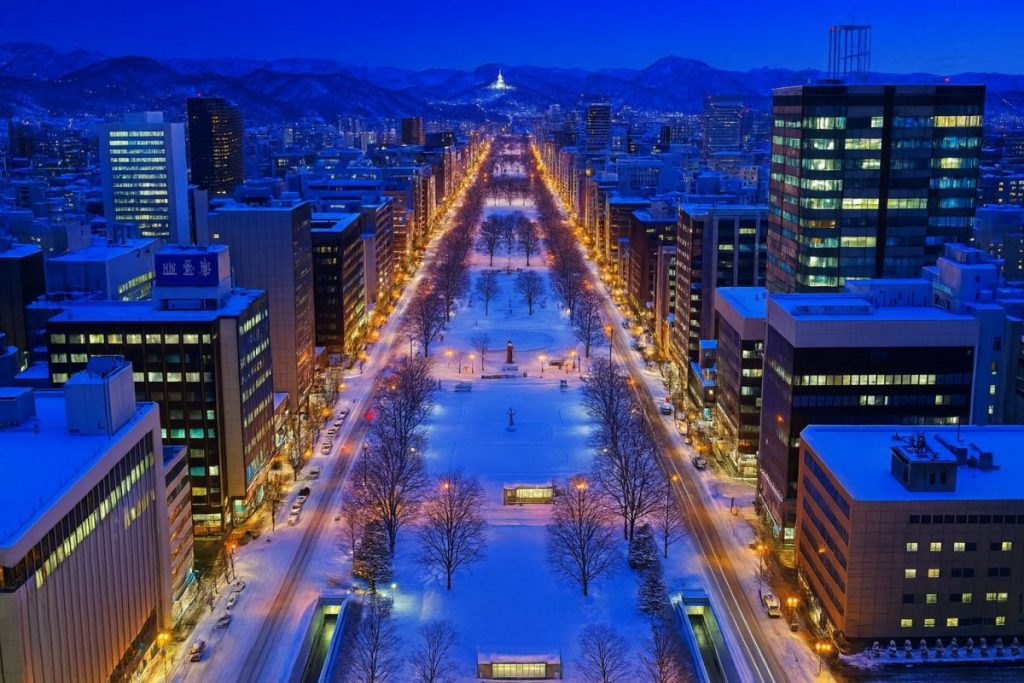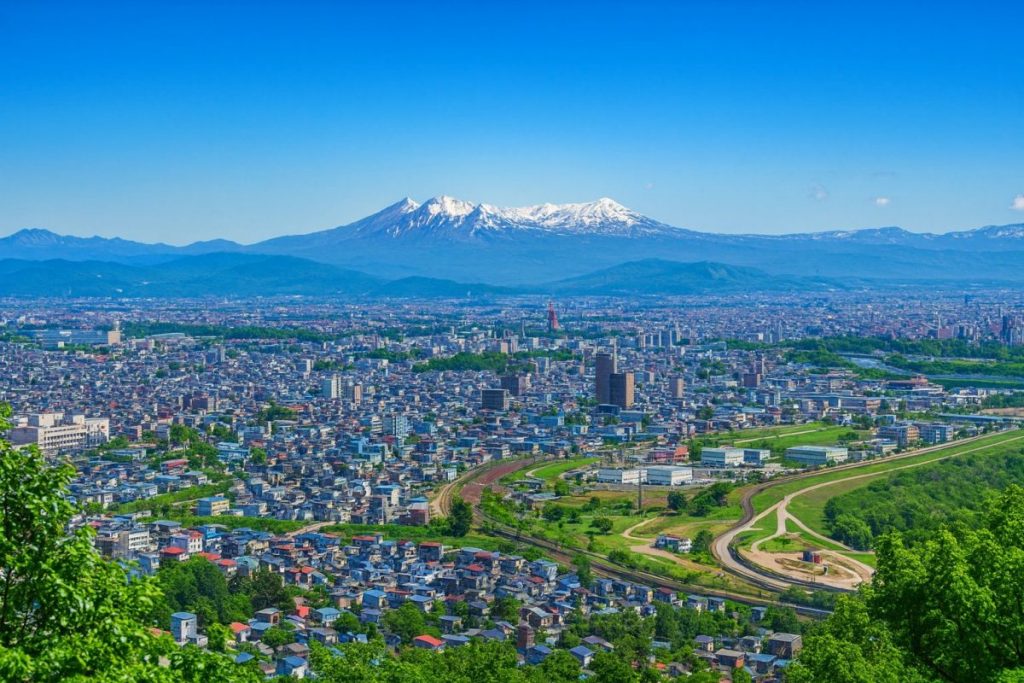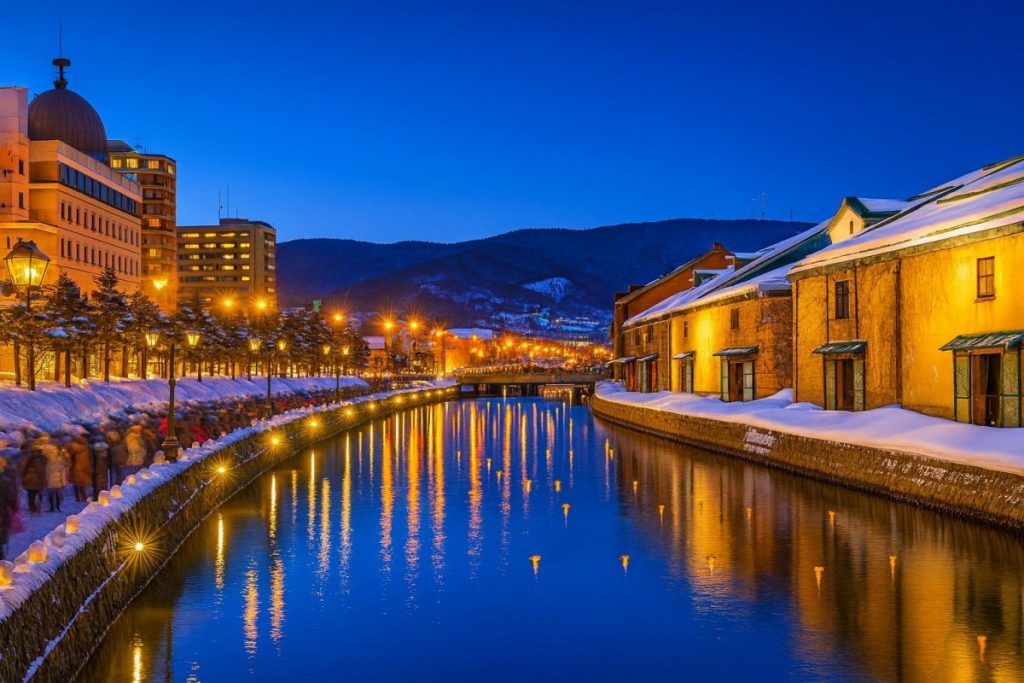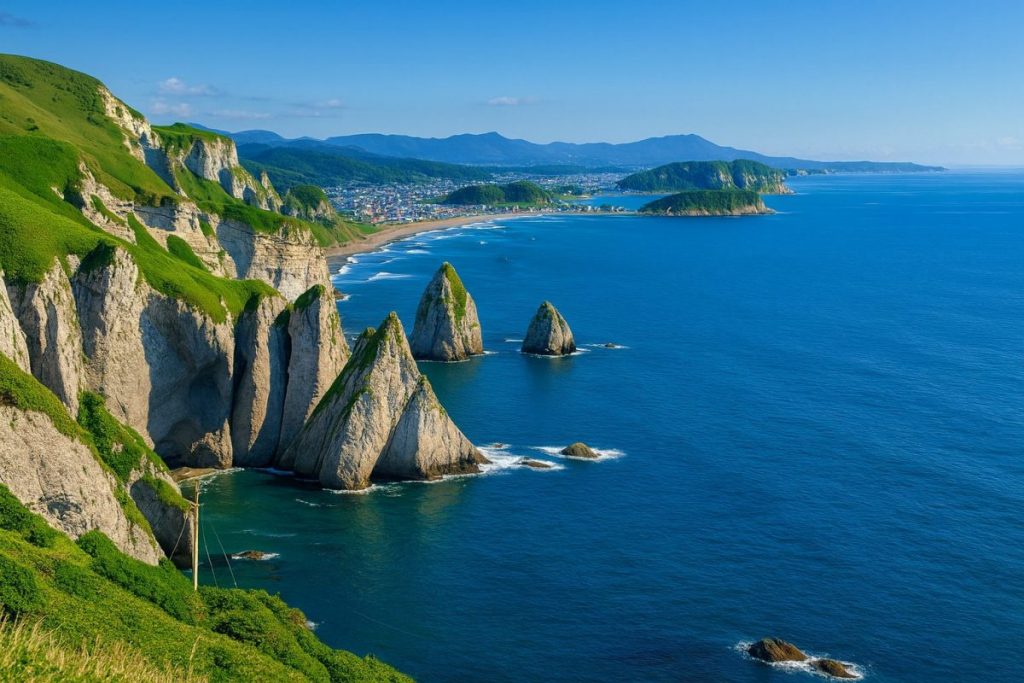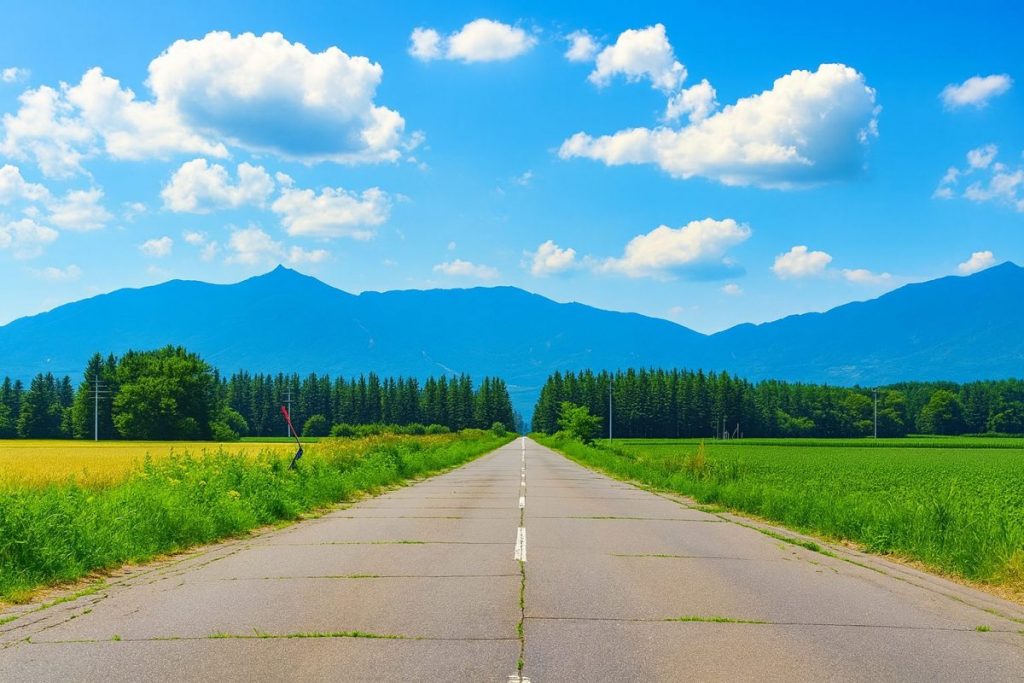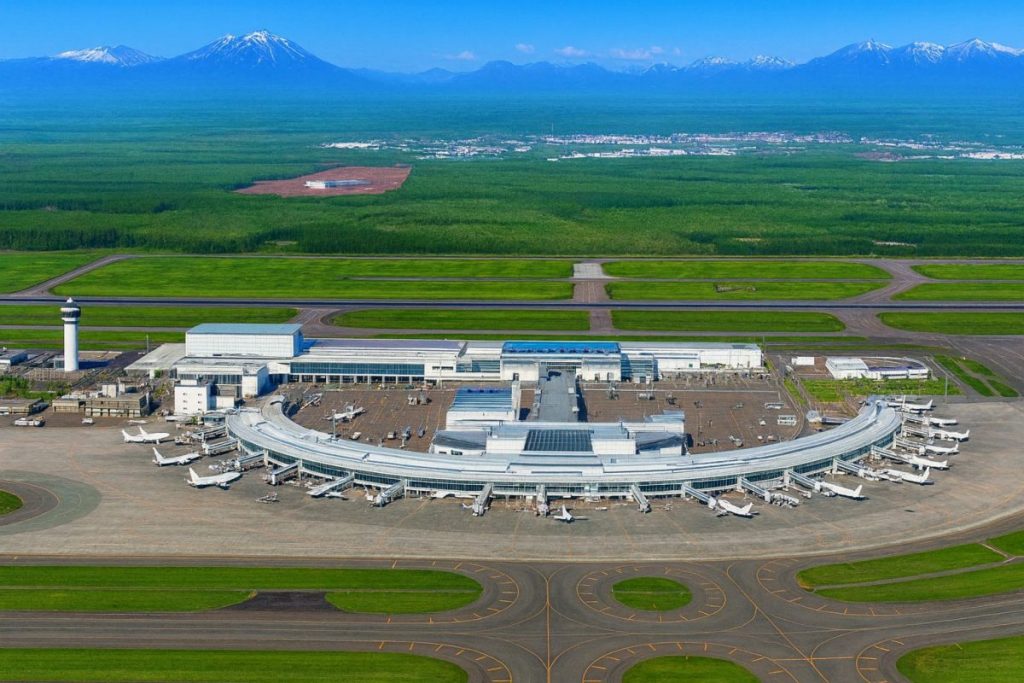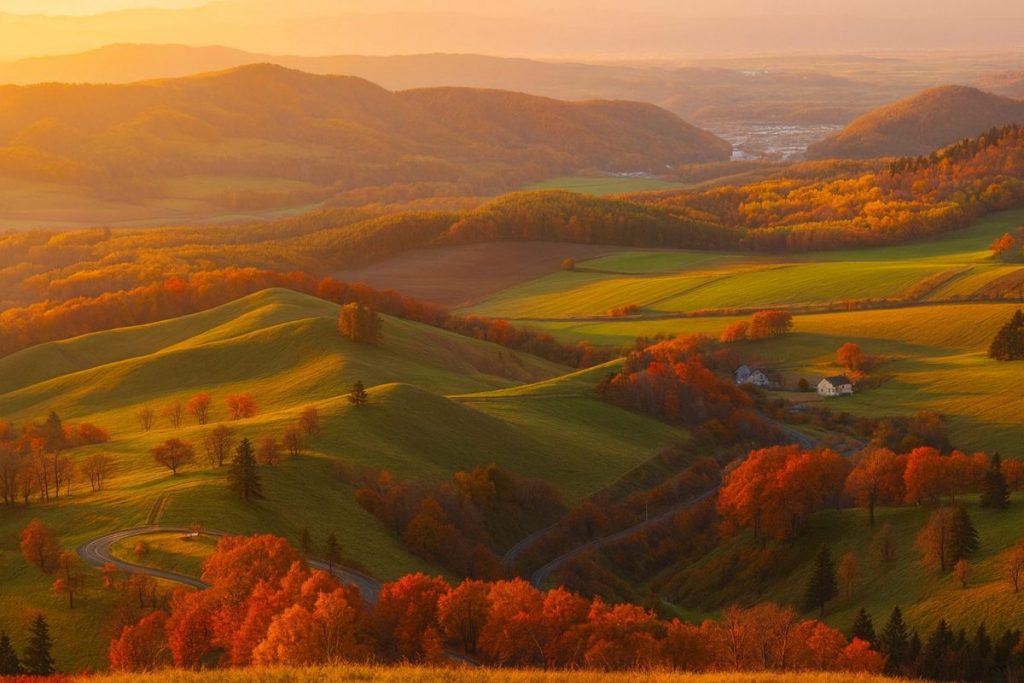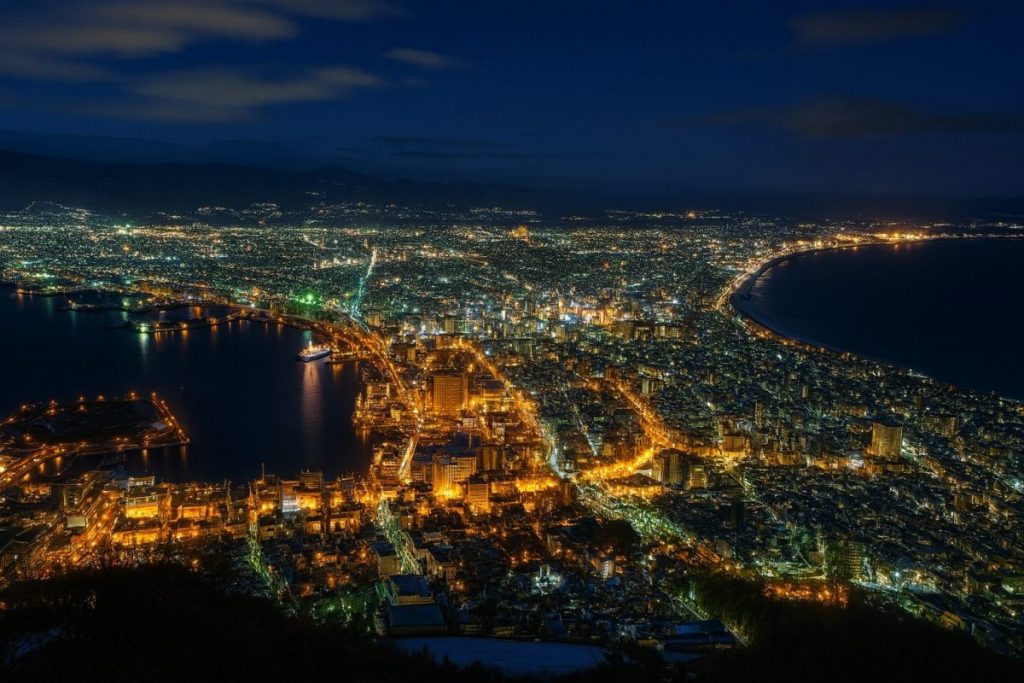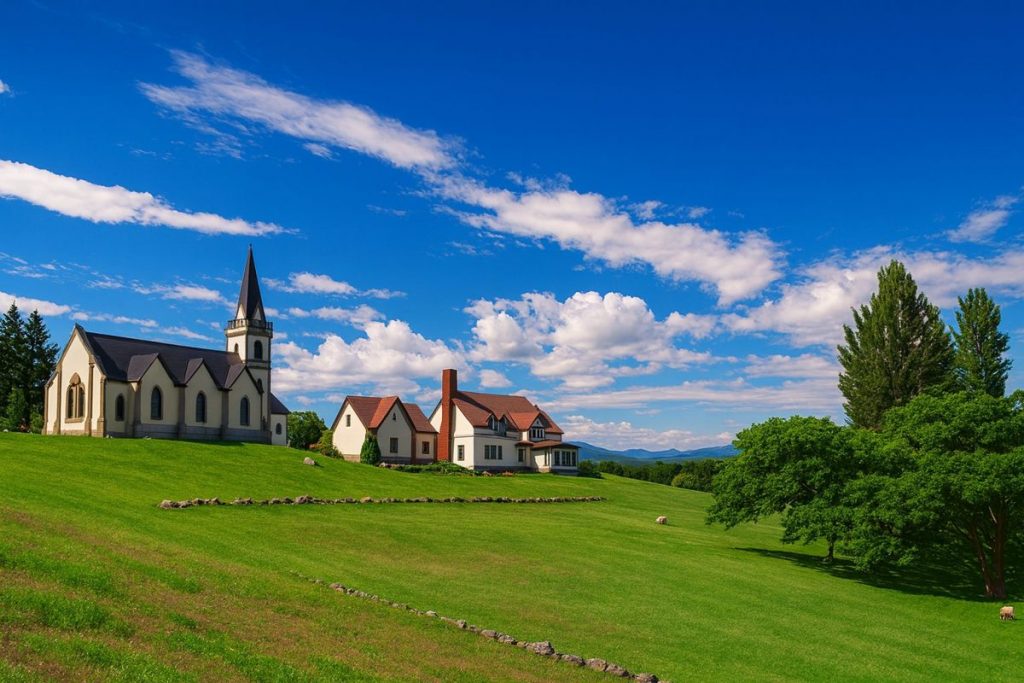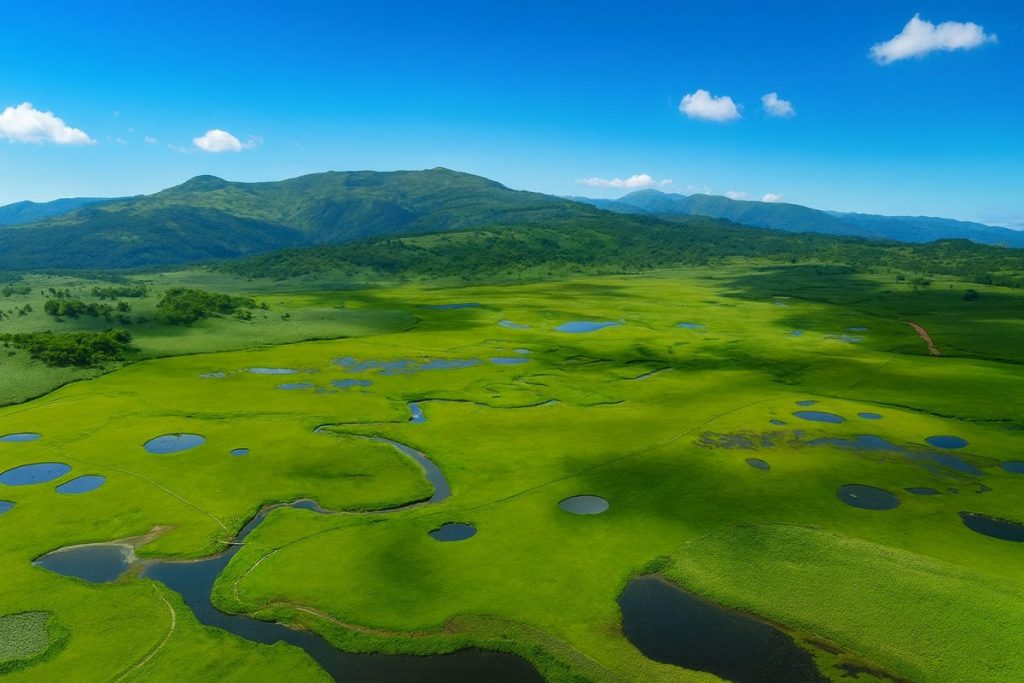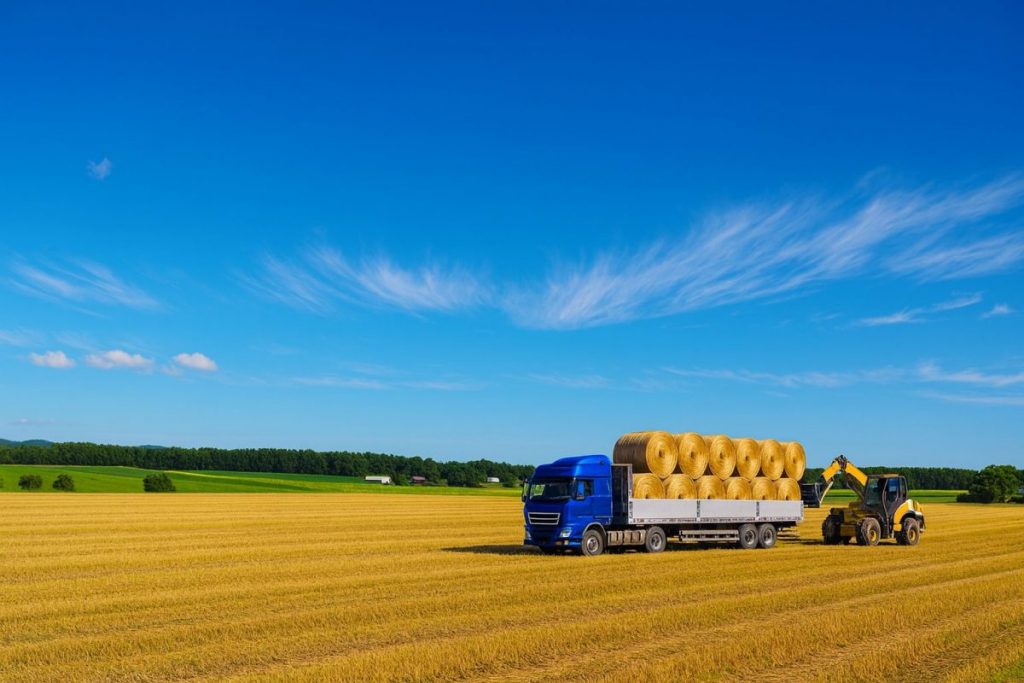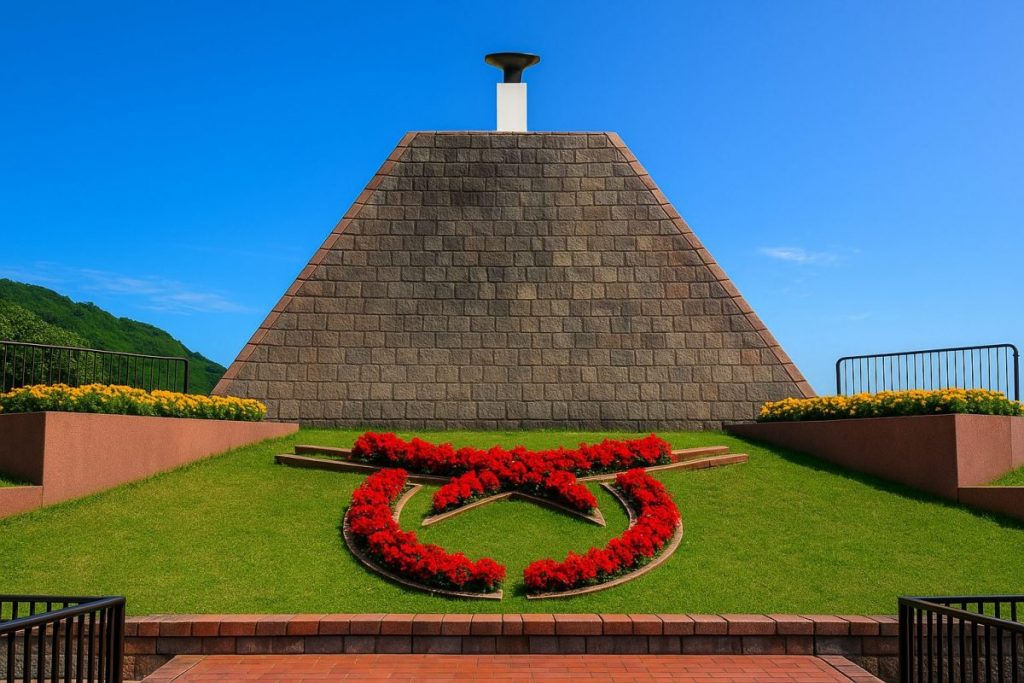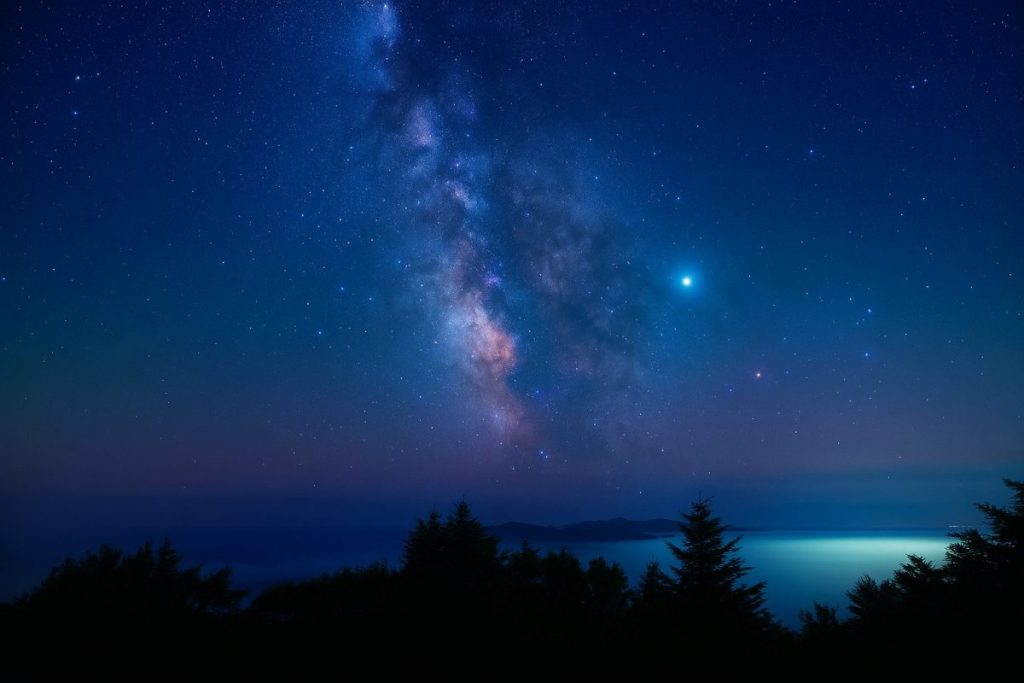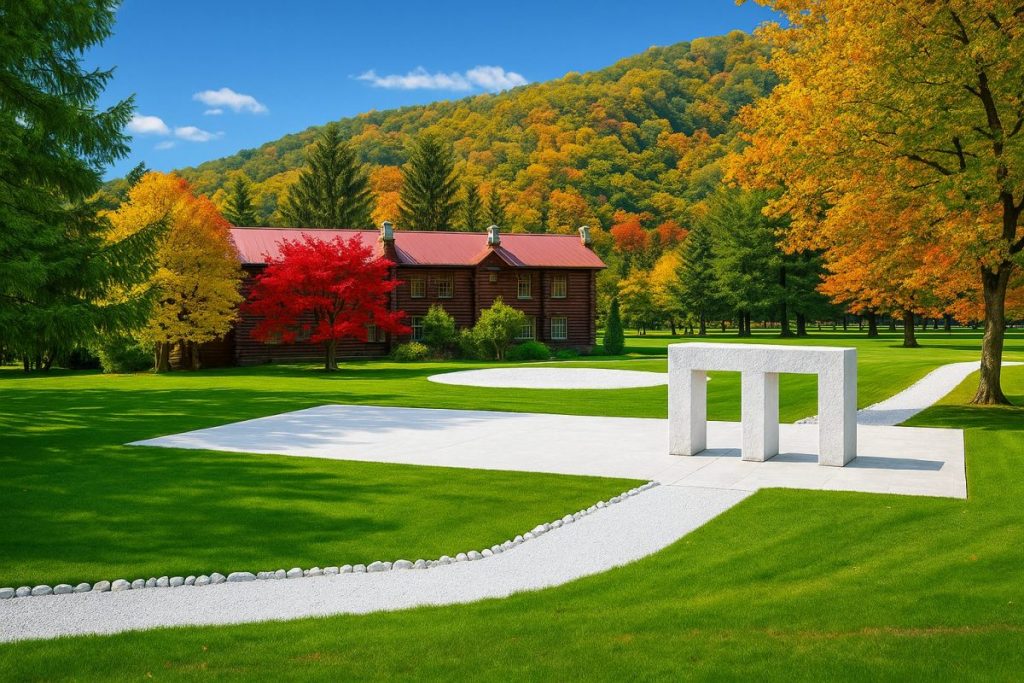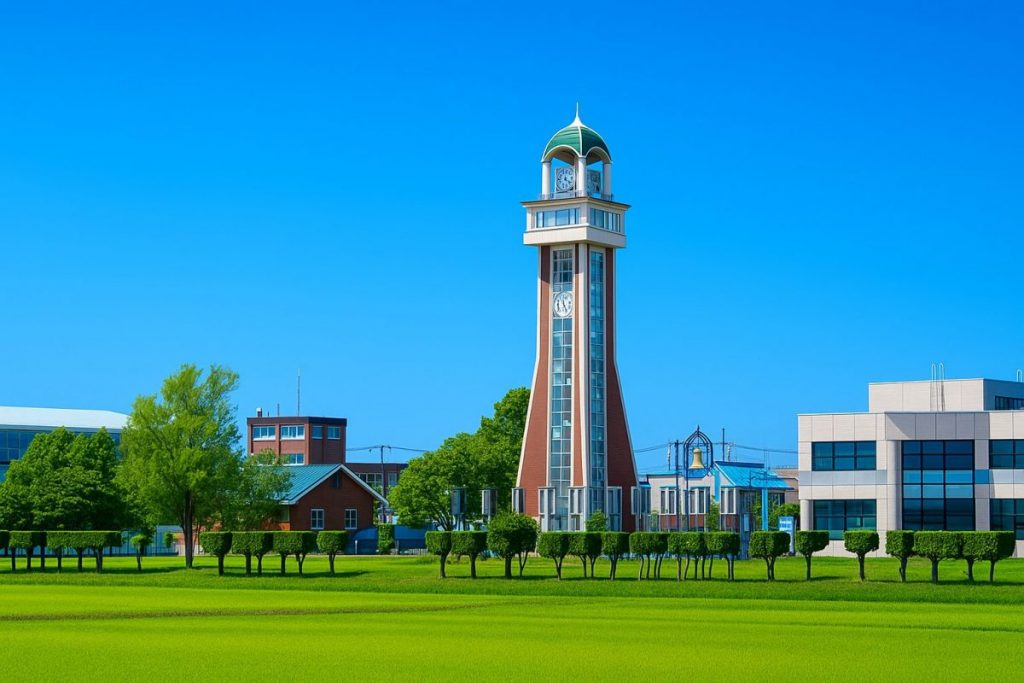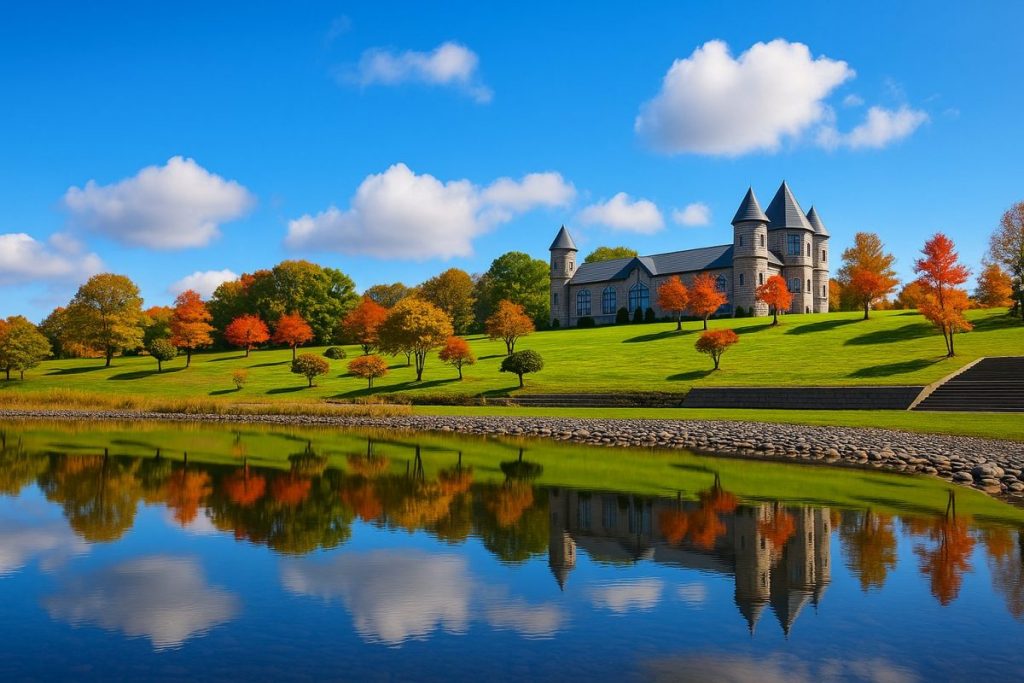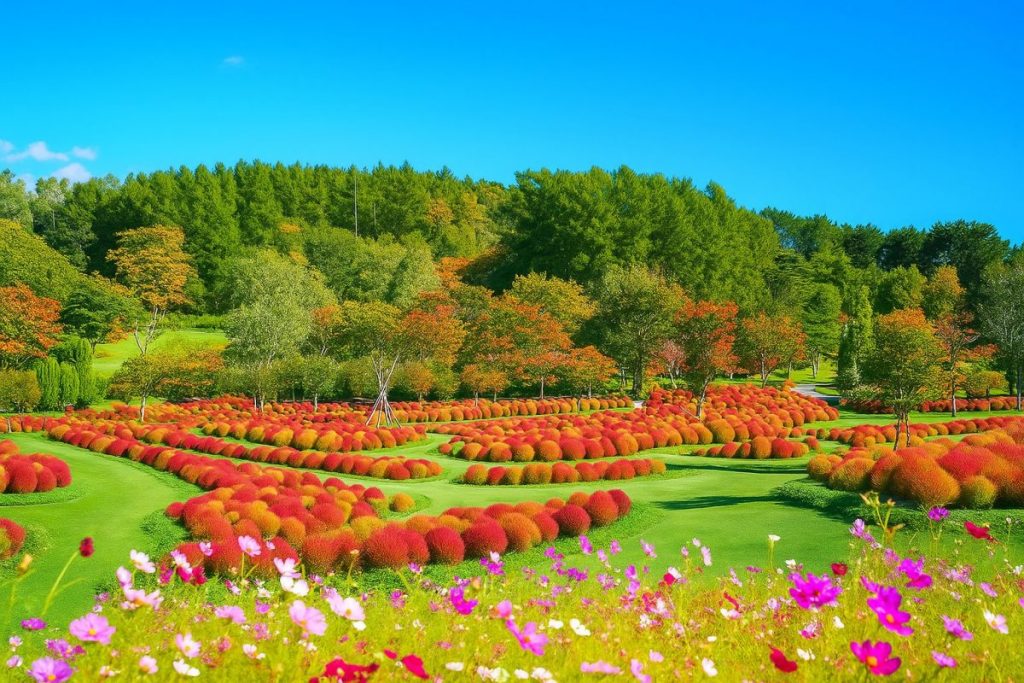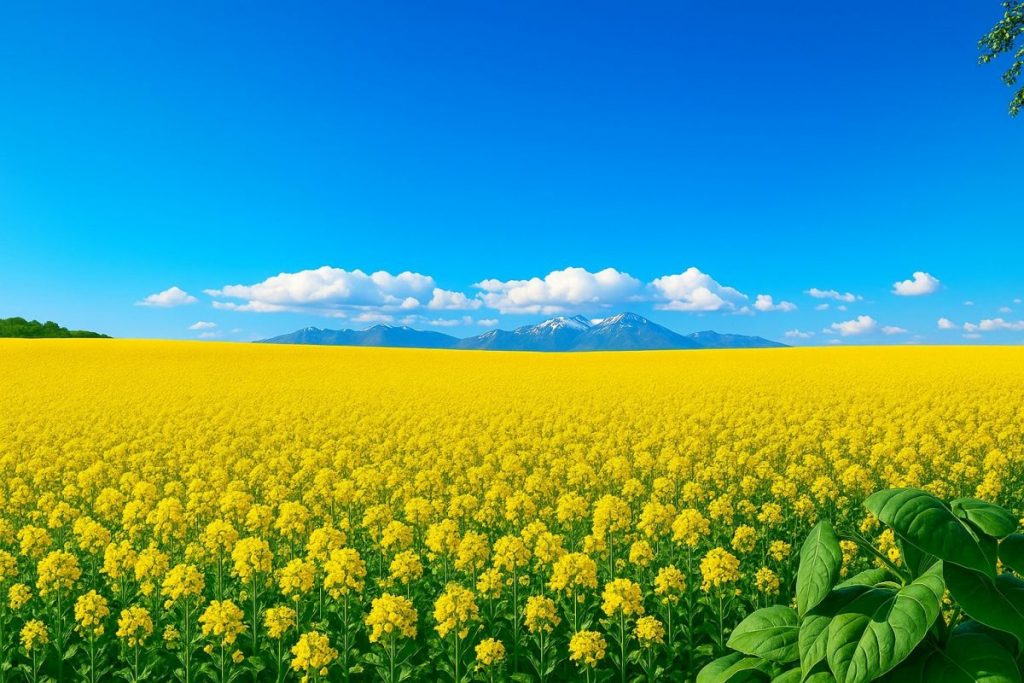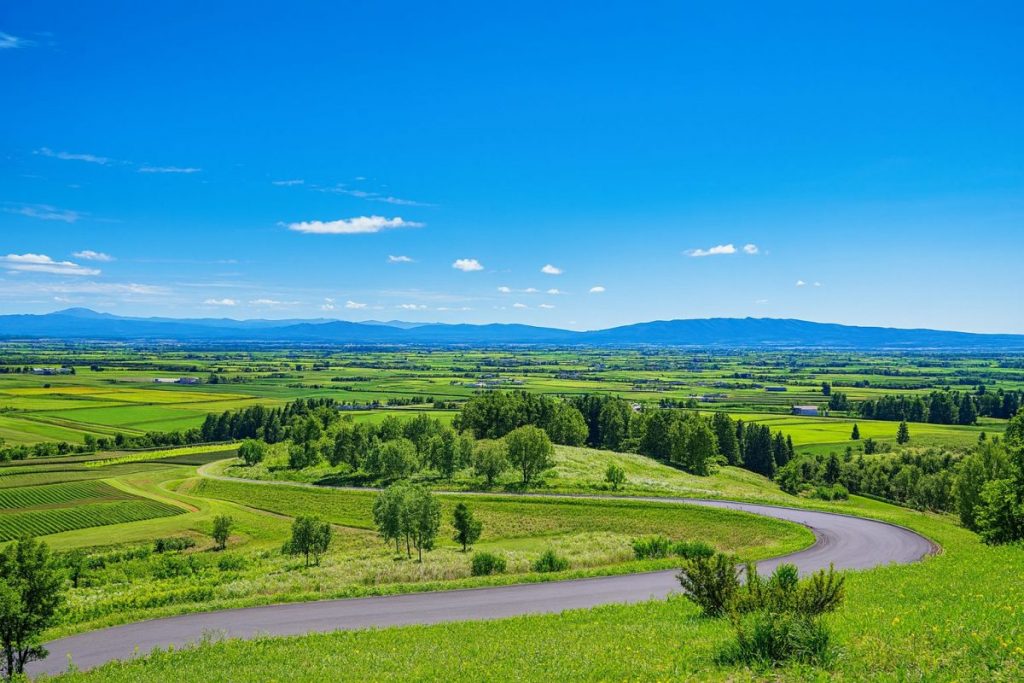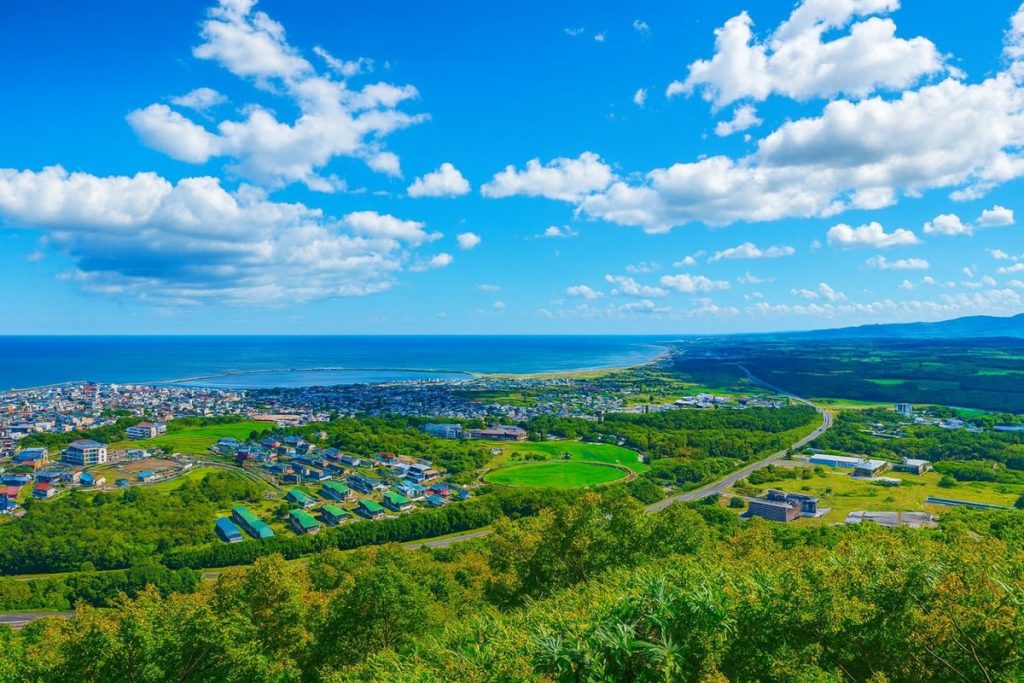| population | 5,925 peoples |
|---|---|
| area | 763.07 km² |
| population density | 7.76 peoples/km² |
Yubari City, located in central Hokkaido under the jurisdiction of the Sorachi Subprefecture, is a mountain town known for its rich history and unique charm. Originally developed in the Meiji era as a coal-mining settlement, Yubari once flourished as the heart of the Ishikari coalfield, boasting a population of over 110,000 at its peak in 1960. Following Japan’s energy shift from coal to oil, all coal mines closed by 1990, and the city began a new chapter focused on tourism and agriculture.
Today, Yubari is best known nationwide for its premium brand “Yubari Melon,” cultivated in its cool climate. The city also enjoys global recognition for the Yubari International Fantastic Film Festival, an annual event celebrating cinema and creativity. Winters bring deep snow and sparkling white scenery, while summers are refreshingly cool, ideal for outdoor recreation. Attractions such as the Yubari Coal Mine Museum preserve the city’s mining heritage, symbolizing both its industrial past and its ongoing spirit of rebirth. Yubari is a city that embodies history, resilience, and renewal.
Culture & Traditions
The culture of Yubari was shaped by its coal-mining heritage. The solidarity and close community bonds among miners and their families still influence the city’s identity today. During Hokkaido’s long winters, residents traditionally gathered indoors for family conversations, while summers are marked by lively outdoor events and festivals.
Events such as the Yubari Coal Festival and Yubari Winter Festival honor the city’s roots, keeping the miners’ spirit alive. The local dialect retains many expressions unique to Hokkaido, reflecting the warmth and resilience of its people. In recent years, Yubari has embraced new cultural symbols — most famously the quirky local mascot “Melon Kuma,” a fierce-looking yet beloved character representing both humor and survival.
Major annual events such as the Yubari International Fantastic Film Festival and Yubari Melon Festival bring together locals and visitors from across Japan. These celebrations showcase the city’s enduring pride and its commitment to transforming its past into a vibrant cultural legacy for the future.
Local Specialties
- Yubari Melon: Hokkaido’s most famous luxury melon, known for its intense sweetness and rich aroma. Every June, the first auction of the season attracts national media attention, often fetching record prices. Visitors can sample and purchase fresh melons at the Yubari Melon Village.
- Coal-themed Souvenirs: As the symbol of the city’s heritage, coal-inspired souvenirs and memorabilia are popular among visitors. The Yubari Coal Mine Museum exhibits original mining tools, machinery, and dioramas recreating real tunnels.
- Melon-based Sweets & Products: The city produces a wide range of melon-infused items such as jellies, ice creams, jams, and liqueurs. The “Yubari Melon Pure Jelly” is one of Hokkaido’s best-selling souvenirs.
- Yubari Wine: Locally produced in the Takinoue district, Yubari Wine uses grapes grown in reclaimed mining land. The large temperature gap between day and night gives the wine its elegant and aromatic flavor.
- Panjū (Small Baked Cakes): A traditional sweet since the early Showa period, panjū are small pancake-like cakes filled with red bean paste or custard. They are sold at long-established shops such as Abe Confectionery in Yubari.
Annual Events
- Yubari International Fantastic Film Festival: Held every February, this globally known film festival screens domestic and international works, turning the entire city into a celebration of cinema. See details on the official website.
- Yubari Melon Festival: Taking place from late June to July, this summer event features melon tastings, sales, and contests — all celebrating Yubari’s signature fruit.
- Yubari Winter Festival: Held in February, it showcases illuminated snow sculptures, fireworks, and winter activities against the serene white landscape.
- Yubari Coal Festival: This festival honors the city’s coal-mining pioneers with memorial ceremonies, songs, and cultural performances dedicated to miners’ lives.
- Yubari Spring Festival: Held in early May when cherry blossoms bloom across the city. The event includes food stalls, local products, and stage performances.
Access
- By Air: The nearest airport is New Chitose Airport. It takes about 90 minutes by car or rental car to reach central Yubari.
- By Train: The nearest station is Shin-Yubari Station on the JR Sekisho Line. From Sapporo, take the “Super Tokachi” express train (approx. 1 hour 20 minutes).
- By Bus: Highway buses operated by Hokkaido Chuo Bus connect Sapporo and New Chitose Airport to Yubari in about 2 hours.
- By Car: From Sapporo, take the Doto Expressway and exit at Yubari IC (about 1.5 hours). Driving is convenient for exploring nearby attractions.
- By Taxi: A taxi ride from New Chitose Airport to Yubari takes about 90 minutes. Private sightseeing taxi plans are also available.
Tourist Attractions
- Yubari Coal Mine Museum – Experience the history of coal mining through life-sized mining tunnels, machinery, and historical exhibits.
- “Yellow Handkerchief” Memorial Square – Preserves the iconic house from the beloved Japanese film The Yellow Handkerchief, offering visitors a nostalgic glimpse of 1970s Yubari.
- Shuparo Lake – A scenic reservoir created by the Yubari Shuparo Dam. The observation deck offers breathtaking views of the surrounding mountains.
- Takinoue Park – Famous for its autumn foliage and waterfall scenery, this park is also a cherry blossom spot in spring.
- Michi-no-Eki Yubari Meroad – A roadside station featuring local products, melon sweets, and a tourist information center.
Related Links
- Official Website of Yubari City
- Yubari International Fantastic Film Festival – Official Site
- Yubari City on Google Maps
List of Major Cities in Hokkaido
-
Complete Guide to Kushiro City, Hokkaido | Tourism, Culture, Local Products, Access Information
-
Complete Guide to Tomakomai City, Hokkaido | Tourism, Culture, Local Products, Access Information
-
Complete Guide to Abashiri City, Hokkaido | Tourism, Culture, Local Products, and Access Information
-
Complete Guide to Monbetsu City, Hokkaido | Tourism, Culture, Local Products, Access Information
-
Complete Guide to Wakkanai City, Hokkaido | Tourism, Culture, Local Products, and Access Information
-
Complete Guide to Rumoi City, Hokkaido | Tourism, Culture, Local Products, and Access Information
-
Complete Guide to Sapporo City, Hokkaido | Tourism, Culture, Local Products, Access Information
-
Complete Guide to Asahikawa City, Hokkaido | Tourism, Culture, Local Products, Access Information
-
Complete Guide to Otaru City, Hokkaido | Tourism, Culture, Local Products, and Access Information
-
Complete Guide to Muroran City, Hokkaido | Tourism, Culture, Local Products, and Access Information
-
Complete Guide to Obihiro City, Hokkaido | Tourism, Culture, Local Products, and Access Information
-
Complete Guide to Nayoro City, Hokkaido | Tourism, Culture, Local Products, and Access Information
-
Complete Guide to Chitose City, Hokkaido | Tourism, Culture, Local Products, and Access Information
-
Complete Guide to Kitami City, Hokkaido | Tourism, Culture, Local Products, Access Information
-
Complete Guide to Hakodate City, Hokkaido | Tourism, Culture, Local Products, Access Information
Sorachi General Subprefecture List
-
Which Prefecture Is Fukagawa City In? [Answer] Hokkaido | Complete Guide to Fukagawa City (Sightseeing, Culture, Local Products & Access)
-
Complete Guide to Uryu Town, Hokkaido | Tourism, Culture, Local Products, and Access Information
-
Complete Guide to Naganuma Town, Hokkaido | Tourism, Culture, Local Products, and Access Information
-
Complete Guide to Akabira City, Hokkaido | Tourism, Culture, Local Products, and Access Information
-
Complete Guide to Ashibetsu City, Hokkaido | Tourism, Culture, Local Products, and Access Information
-
Complete Guide to Bibai City, Hokkaido | Tourism, Culture, Local Products, and Access Information
-
Complete Guide to Chippubetsu Town, Hokkaido | Tourism, Culture, Local Products, and Access Information
-
Complete Guide to Sunagawa City, Hokkaido | Tourism, Culture, Local Products, and Access Information
-
Complete Guide to Yuni Town, Hokkaido | Tourism, Culture, Local Products, and Access Information
-
Complete Guide to Takikawa City, Hokkaido | Tourism, Culture, Local Products, and Access Information
-
Complete Guide to Urausu Town, Hokkaido | Tourism, Culture, Local Products, and Access Information
-
Complete Guide to Numata Town, Hokkaido | Tourism, Culture, Local Products, Access Information
-
Complete Guide to Utashinai City, Hokkaido | Tourism, Culture, Local Products, and Access Information
-
Complete Guide to Kuriyama Town, Hokkaido | Tourism, Culture, Local Products, Access Information
-
Complete Guide to Tsukigata Town, Hokkaido | Tourism, Culture, Local Products, and Access Information
